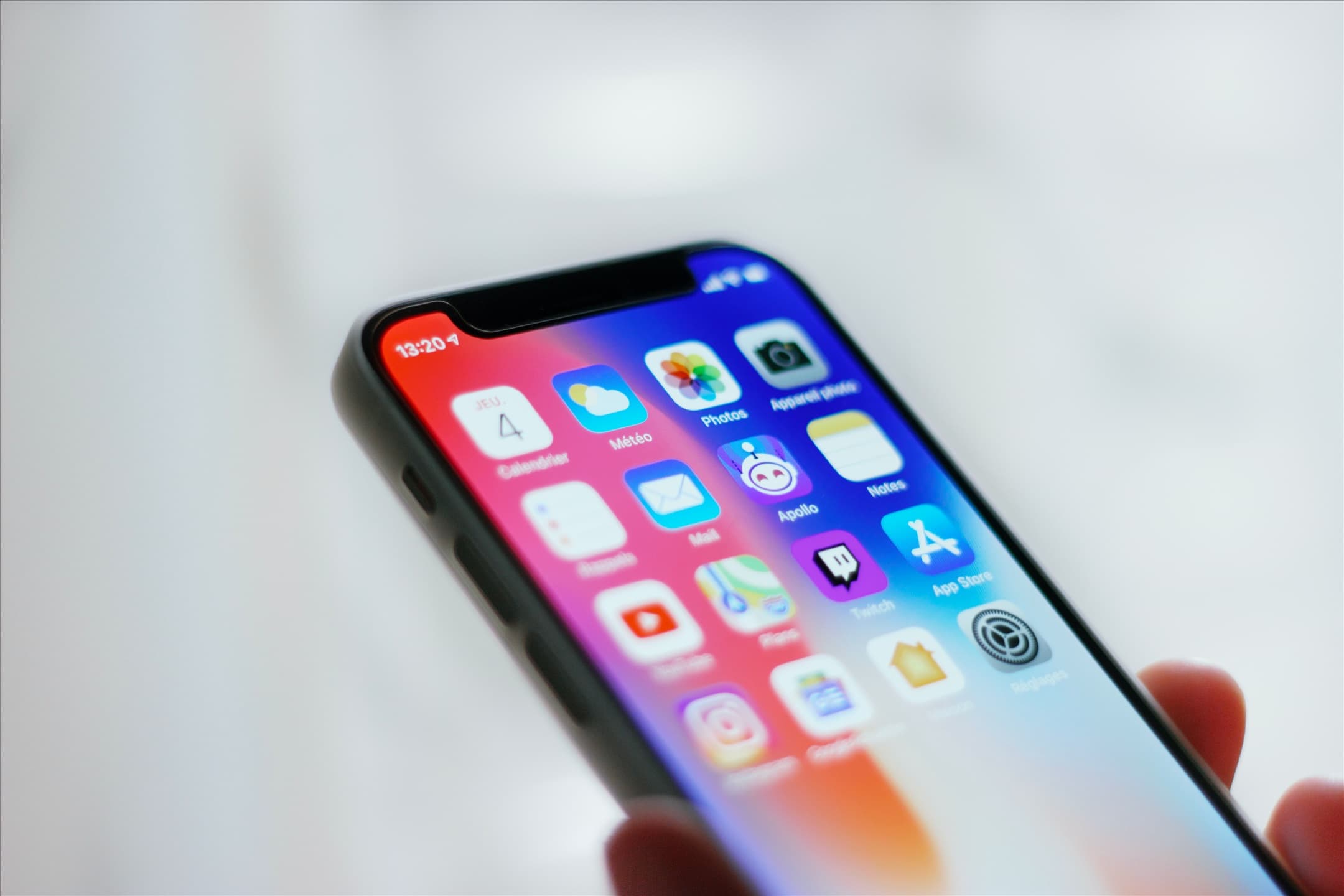
Note: This is a guest post written by Ayla Anderson
Many things in our lives have been changed since the digital revolution, and education is no different. Unlike past decades, teaching and learning are no longer limited to hard copy textbooks. And as EdTech is becoming increasingly available and cheap to access, its business is growing to billions of dollars’ worth.
The impact of technology on education most notably began when the internet changed the data gathering from different places. For researchers, not only data gathering and researching was revolutionized, but also they could improve data analysis using technology.
Nowadays the footsteps of technology can be seen in many parts of the educational systems. EdTech is used in learning management systems (LMS), gamified apps, and custom apps of universities and research institutions.
The trend of online learning, rising more steeply in 2020 and 2021, caused many traditional institutes to make their institution’s software. The educational institutions can find and hire a local software company to build an iOS or Android app for them.
These app development companies charge whether project-based or hourly. For example, a custom software company in Australia can charge about $25-$75, hourly, depending on their experience. The project-based charge in Australian software companies can also start from $50K to more than $250K, based on project complexity.
Now let’s discuss how these custom apps are changing how we learn in 2021. Here are some of the technologies that aided research and educational institutions:
Gamification
With a look into the history of social media, we can better understand how human engages with things that can interact with them. Students also engage more with educational material that has some kind of user interaction.
That’s why gamified educational apps like Duolingo get so much success by increasing user engagement and retention. Gamification means applying game principles in other areas of activity, such as marketing, learning, etc. to boost engagement.
The use of gamification in education is getting more serious. Higher education institutions are benefiting from it in their apps and software, for both lecturing and testing students.
The role of gamification in institutions’ educational apps is promising, as researches show students score higher using gamified mobile apps.
Augmented Reality
Augmented reality or AR is another way that technology-based apps are revolutionalizing education. AR tech can provide an interactive experience for many students. It enables them to see a 3D view of whatever they are learning about.
Research or educational institutions can integrate this technology into their custom online learning app to help students better imagine things. For example, they can show a 3D view of a real human organ in front of a medical student. Imagine how freely students can zoom in and out, pan, and rotate, and how different it is from traditional teaching.
Think of engineering students who can see real engines and take them apart into pieces just through an app. This is how AR-enabled apps can change institutions’ teaching methods.
Blockchain

Blockchain is disrupting many segments of our lives and education is only one of them. Blockchain offers many advantages that can bring innovative solutions to any area of activity.
It has the following features that educational institutions can use to benefit teaching and research:
Decentralization
Blockchain technology enables information to be decentralized, which means it is distributed among nodes and not in limited databases.
Trust
Blockchain-accessed information can be trusted as it ensures data authenticity and security. The reason behind it is that blockchain distributes a piece of particular information among many nodes. When the slightest change happens to it, it can be understood very easily.
Security
The encryption system used in the blockchain stays almost intact from fraud and hacking.
The areas of education and research are two of the highly impacted fields by blockchain technology. Educational institutions’ use of blockchain in their apps includes but is not limited to certifications, data verification, and sharing academic credentials.
Note: This guest post was written by Ayla Anderson. She is an enthusiastic blogger and marketing expert whose current interest is website and app development, digital marketing, mostly SEO. Therefore, she works part-time as a consultant for 10 top web design companies, a digital marketing agency from Ukraine. She spends her spare time reading books and travelling. You can follow her on Twitter.






